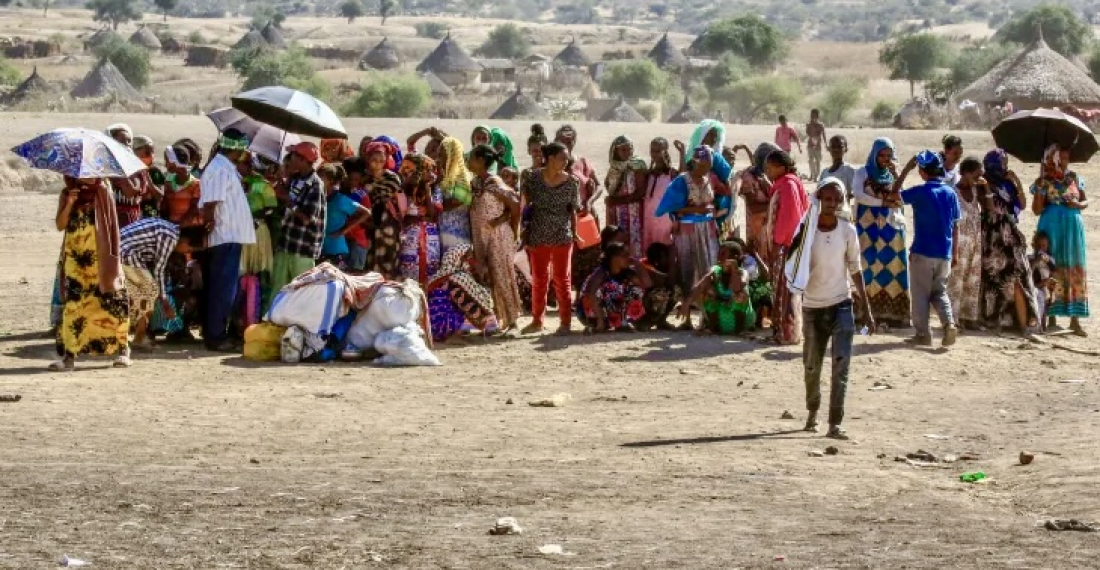A new report has concluded that Ethiopian forces committed genocidal acts during the Tigray war, providing compelling evidence of such crimes. Released on Tuesday (4 June) by the United States-based New Lines Institute, the 120-page draft cites numerous credible and independent sources indicating that Ethiopian forces and their allies engaged in “acts constituting the crime of genocide” during the conflict, which lasted from 2020 to 2022. The report calls for Ethiopia to be brought before the International Court of Justice. The Tigray war began in November 2020 when the regional government’s bid for autonomy prompted the Ethiopian military to move into the northern region.
Thousands perished in the two-year conflict, which officially ended in November 2022. Both sides have accused each other of atrocities, including massacres, rape, and arbitrary detentions, but both deny responsibility for these abuses. A report from the United Nations last September stated that war crimes and crimes against humanity were still being committed nearly a year after the government and Tigrayan regional forces agreed to cease fighting.
The New Lines Institute report now asserts that there is evidence to show Ethiopia violated the Genocide Convention by targeting civilians with mass killings and starvation tactics. It claims the Ethiopian National Defense Force (ENDF), along with the allied Eritrean Defence Forces (EDF) and various regional militias, “possessed the intent to destroy Tigrayans as an ethnic group.” The report identifies at least four acts of genocide: killing Tigrayans, causing serious bodily or mental harm, deliberately inflicting conditions of life intended to destroy Tigrayans, and imposing measures designed to prevent births among Tigrayans. Additionally, the report highlights social media posts by “certain individuals” that amount to public incitement to genocide.






